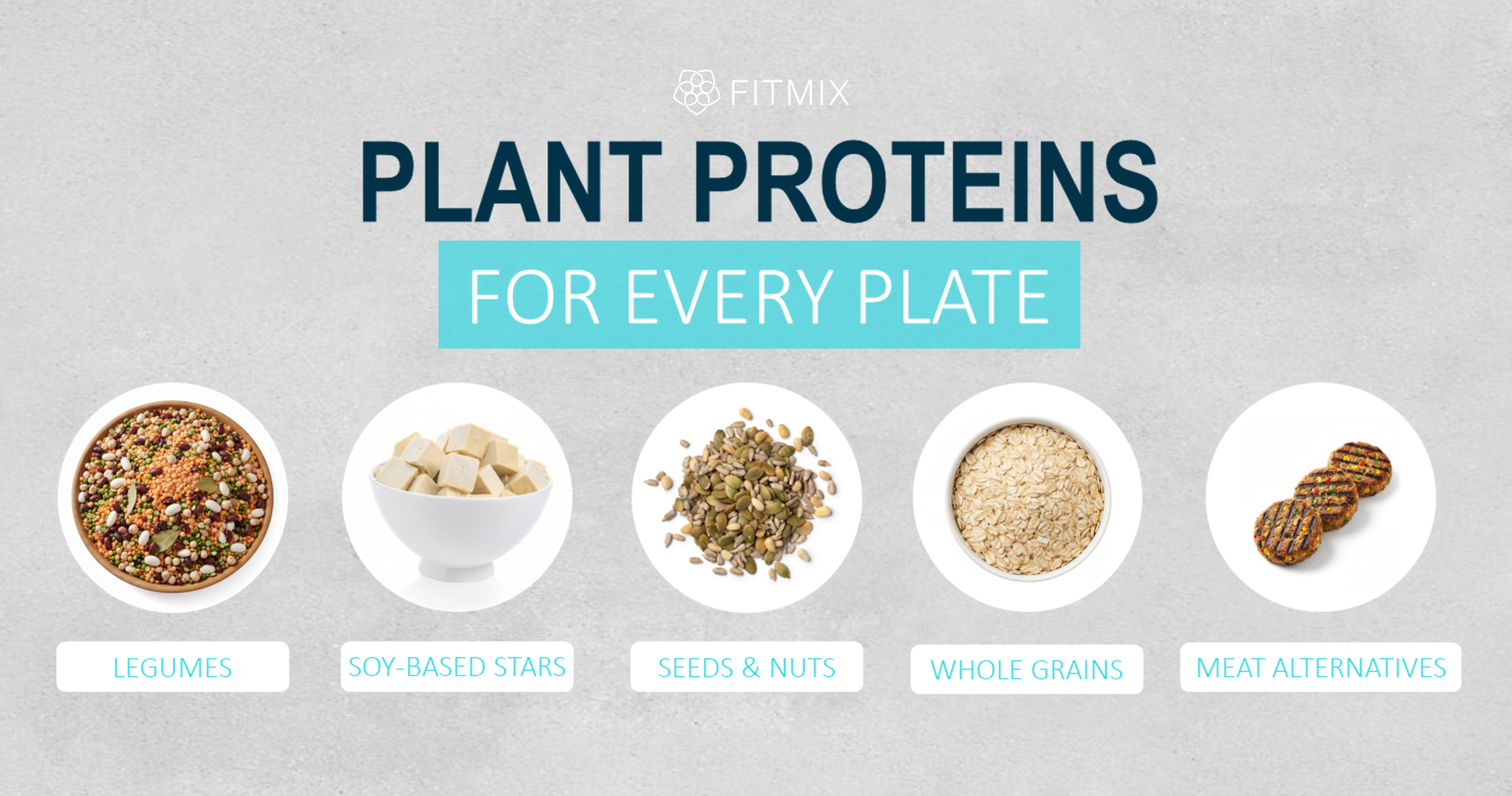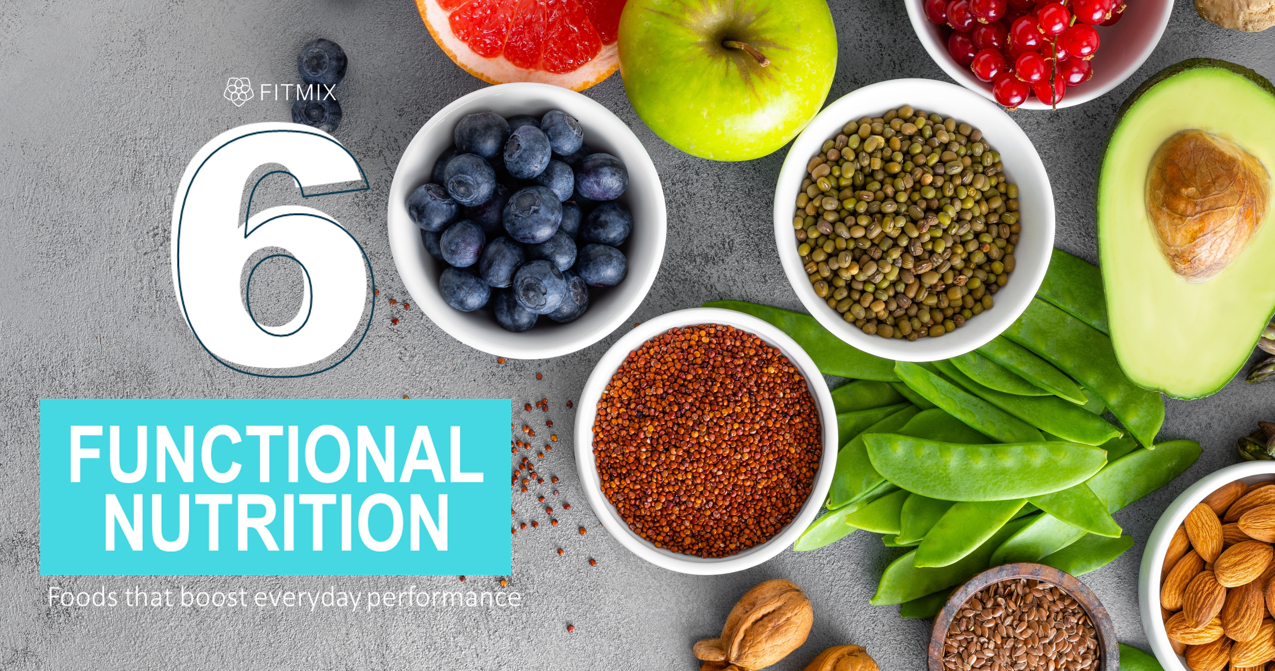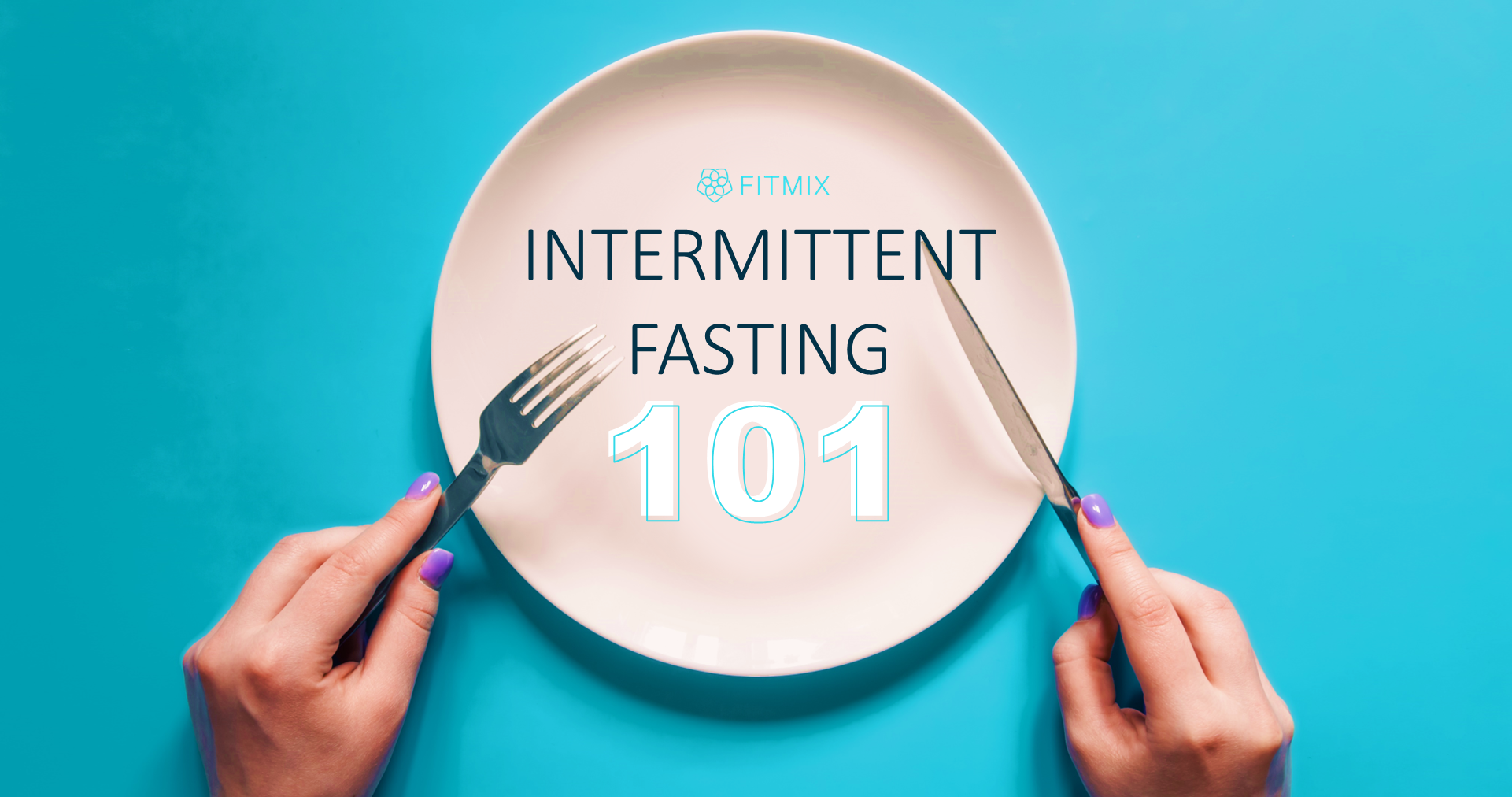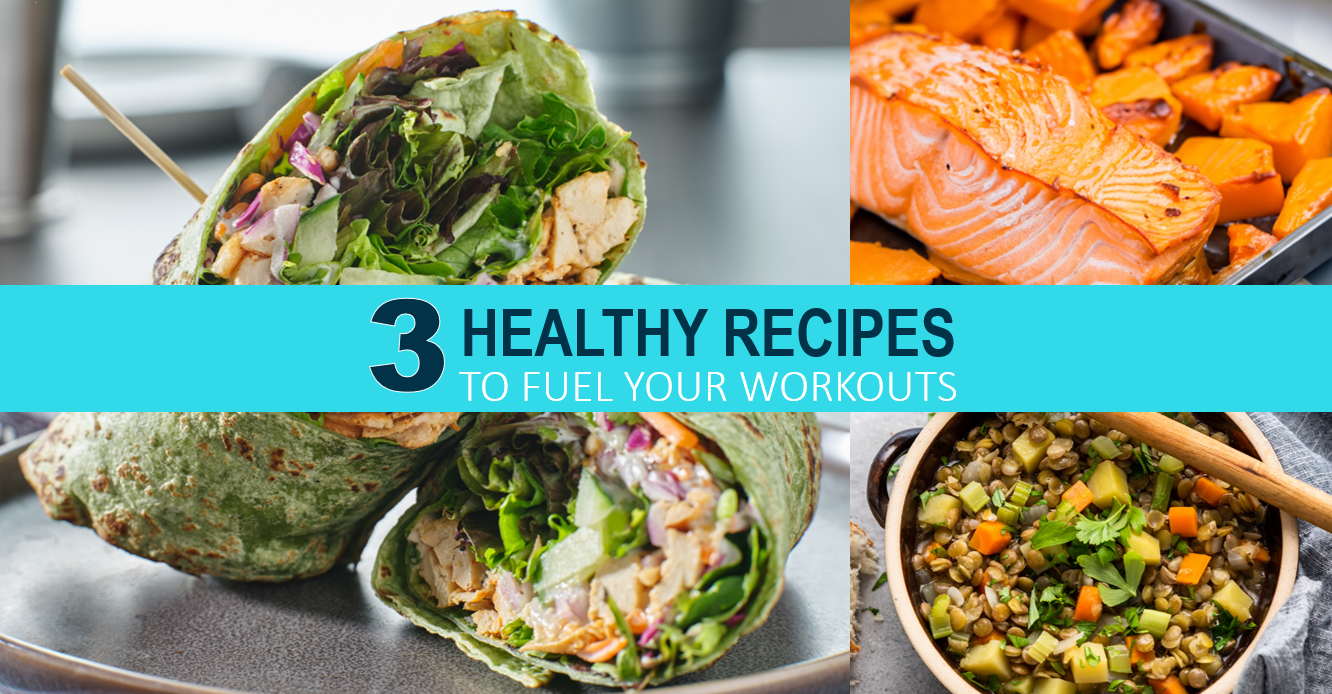The Importance Of A Balanced Diet For Fitness
 September 28, 2024
September 28, 2024
 0
0
 0
0
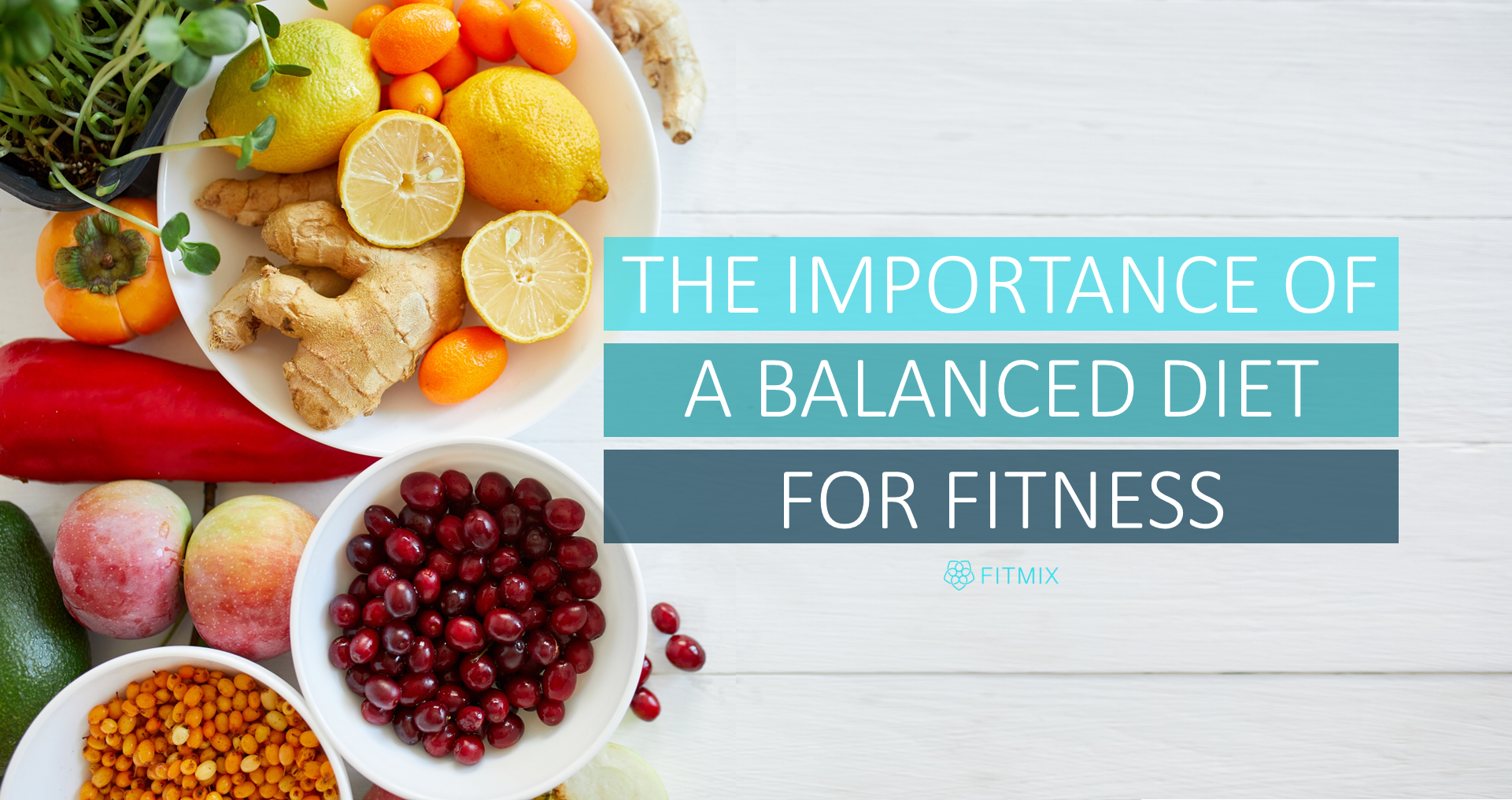
A balanced diet is essential for supporting your fitness goals and maintaining overall health. The right combination of nutrients can fuel your workouts, aid in recovery, and optimize your performance. Here's why a balanced diet is important for fitness and how you can achieve it.
Why a Balanced Diet Matters
- Provides Energy: Carbohydrates, proteins, and fats are the main sources of energy for your body. A balanced diet ensures that you have enough energy to power through your workouts and daily activities.
- Supports Muscle Growth and Repair: Protein is crucial for muscle growth and repair. Consuming adequate protein helps build and maintain muscle mass, which is essential for strength and overall fitness.
- Enhances Performance: The right nutrients can improve your athletic performance. Carbohydrates provide quick energy, proteins support muscle function, and healthy fats aid in endurance and overall health.
- Aids in Recovery: Proper nutrition helps your body recover after intense workouts. Nutrients like protein, vitamins, and minerals play a key role in repairing tissues and reducing inflammation.
- Promotes Overall Health: A balanced diet supports your immune system, improves digestion, and reduces the risk of chronic diseases. It also helps maintain a healthy weight and promotes long-term well-being.
Components of a Balanced Diet
- Carbohydrates: Carbohydrates are the primary source of energy for your body. Include complex carbs like whole grains, fruits, vegetables, and legumes in your diet. These provide sustained energy and essential nutrients.
- Proteins: Proteins are the building blocks of muscle and are vital for repair and growth. Include a variety of protein sources such as lean meats, poultry, fish, eggs, dairy products, beans, lentils, and nuts.
- Fats: Healthy fats are important for energy, hormone production, and nutrient absorption. Include sources like avocados, nuts, seeds, olive oil, and fatty fish in your diet. Avoid trans fats and limit saturated fats.
- Vitamins and Minerals: Vitamins and minerals support various bodily functions and enhance overall health. Consume a variety of fruits and vegetables to ensure you're getting a wide range of nutrients.
- Hydration: Staying hydrated is crucial for optimal performance and recovery. Drink plenty of water throughout the day, especially before, during, and after workouts. Include hydrating foods like fruits and vegetables in your diet.
Tips for a Balanced Diet
- Plan Your Meals: Plan your meals and snacks in advance to ensure a balanced intake of nutrients. Include a mix of protein, carbs, and healthy fats in each meal.
- Eat a Rainbow: Consume a variety of colorful fruits and vegetables to get a wide range of vitamins, minerals, and antioxidants. Aim for at least 5 servings of fruits and vegetables per day.
- Don't Skip Breakfast: Start your day with a nutritious breakfast that includes protein, whole grains, and healthy fats. This can boost your energy levels and set the tone for healthy eating throughout the day.
- Snack Smart: Choose healthy snacks that provide sustained energy and nutrients. Examples include Greek yogurt with fruit, nuts and seeds, or whole grain crackers with hummus.
- Listen to Your Body: Pay attention to your hunger and fullness cues. Eat when you're hungry and stop when you're satisfied. Avoid overeating and mindless snacking.
- Balance Indulgences: It's okay to enjoy your favorite treats in moderation. Balance indulgent foods with nutritious choices and focus on overall healthy eating patterns.
Sample Balanced Meal Plan
Breakfast: Greek yogurt with mixed berries and a sprinkle of granola
Snack: Apple slices with almond butter
Lunch: Grilled chicken salad with mixed greens, cherry tomatoes, cucumbers, and olive oil dressing
Snack: Carrot sticks with hummus
Dinner: Baked salmon with quinoa and steamed broccoli
Snack: A handful of mixed nuts
Conclusion
A balanced diet is essential for supporting your fitness goals and overall health. By consuming a variety of nutrient-dense foods, you can fuel your workouts, enhance performance, and promote recovery. Focus on a balanced intake of carbohydrates, proteins, fats, vitamins, and minerals, and stay hydrated. With proper nutrition, you can achieve optimal fitness and well-being.
Subscribe to My Newsletter
Fill your email below to subscribe to my newsletter
Comments (00)
Be the first to comment!
Leave a Reply
Your email address will not be published. Required fields are marked *


